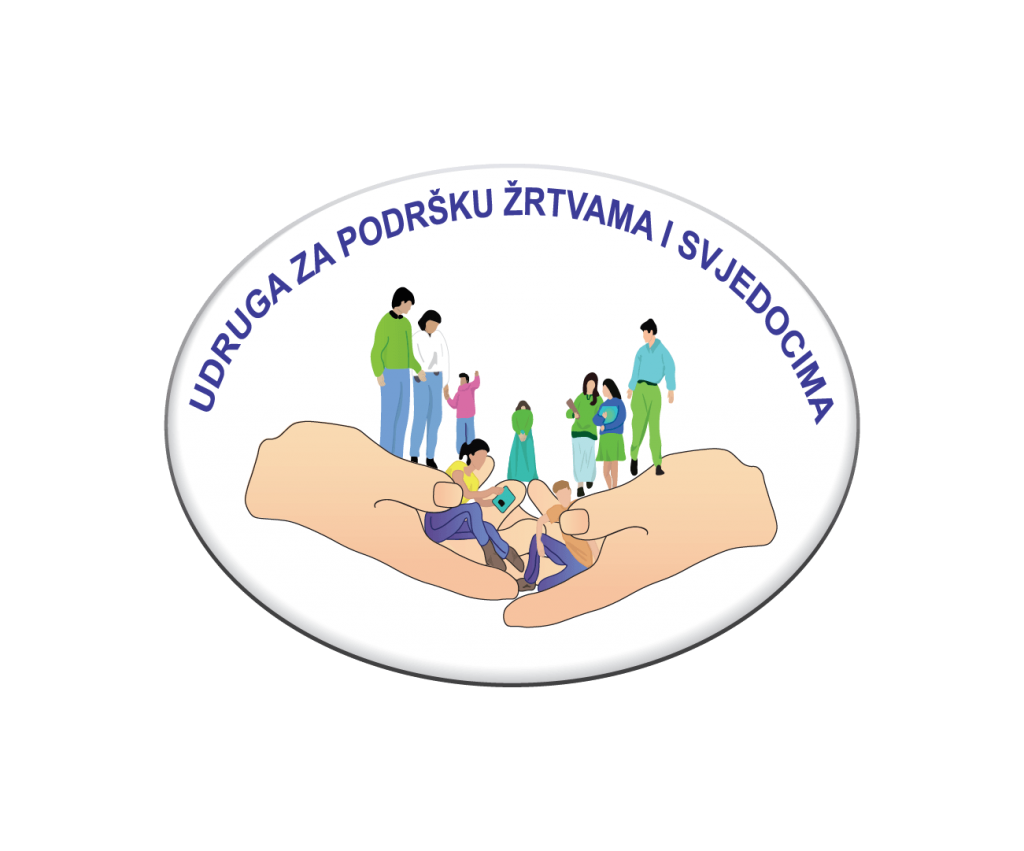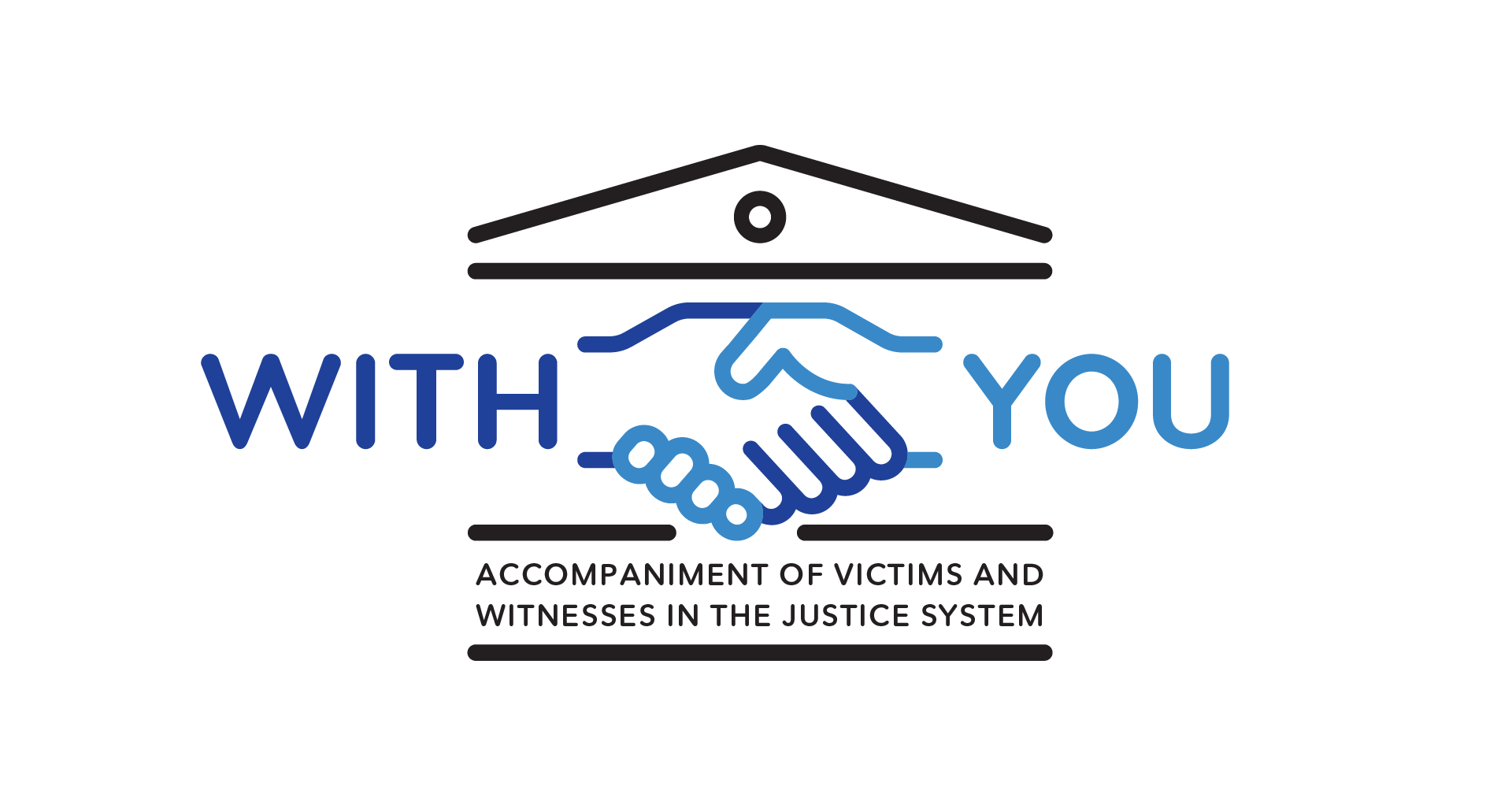Why do accompaniment?

While each crime affects victims differently, most experience emotional and psychological changes, including feelings of anxiety, shame and injustice. Furthermore, they generally have limited knowledge of judicial procedures, which often results in feelings of uncertainty and fear in their interaction with the criminal process and with the procedural actors.
A recent study (2019) carried out by the Fundamental Rights Agency revealed that a large number of victims claim not to receive any information about the possibility of being accompanied during the trial hearing by a person they trust. Furthermore, even when victims are informed and decide to be accompanied by a Victim Support Worker, these professionals are often prevented from staying with the victim during the trial hearing. Furthermore, many of the victims were dissatisfied with the degree of involvement offered to them in the criminal proceedings.
In that study, victims repeatedly underlined the importance of being accompanied during the judicial process by a person they trust, due to the stress they feel in these situations. Victims also reported that they are grateful for the support received in preparing for the trial hearing, for example, when they are allowed prior access to the courtroom to find out where each person would be, who would speak first, etc.
Victim Support Workers should prepare victims for an experience that will in many cases have a significant emotional charge and enable them to be as objective and rigorous as possible, so that, in the end, they can feel confident that they gave their best and to possibly find some comfort with the outcome of the process.
As such, the main objective of monitoring is to avoid secondary victimization, which will be achieved through three pillars:

(i) Promoting effective support to victims and witnesses during court proceedings;
(ii) Contribution to reducing their anxiety related to legal proceedings; and
(iii) Promoting the effective exercise of victims’ rights in the judicial system.
In this context, a Victim Support Worker may not only provide emotional support but also provide practical and legal information and thus give the victim a greater capacity to make more informed decisions.
Additionally, victims who are accompanied are better prepared to deal with the judicial system, which, in turn, will increase the effectiveness of the criminal process, as there is a greater likelihood that a cooperating victim will contribute to the process and to the production of proof.
In resume: the adoption of a more comprehensive support service, which includes follow-up practices, will have a positive impact on victims and witnesses, which will make them better prepared to deal with the justice system. The specialized support provided by Victim Support Worker focuses on the victim’s needs and simultaneously forms a link between procedural actors, allowing for more effective communication between all parties and contributing to the creation of an effective space for victim support within the justice system.
Coordinator:



Partners:








